'X-Men: Dark Phoenix' producers admit previous X-Men shoots were 'chaotic'

Next week sees the release of X-Men: Dark Phoenix, the twelfth 20th Century Fox film based on Stan Lee’s Marvel Comics series.
It’s amazing that the mutant franchise ever reached twelve instalments (2020’s New Mutants will be the 13th, unlucky for some) as the superhero property has endured a turbulent production history ever since X-Men in 2000.
From last minute cast changes (Hugh Jackman joined X-Men during production after Dougray Scott was forced to drop out) to the omnishambles that was X-Men: The Last Stand (it went through three directors and multiple scripts before limping to screens, and replacement director Brett Ratner was not a cool guy) to the disastrous X-Men: Origins - Wolverine, and the ongoing scandal surrounding key creative Bryan Singer.
Simon Kinberg, the writer and director of Dark Phoenix, has been involved in all the X-Men films (and Fantastic Four) since 2006’s The Last Stand, and he concedes that previous shoots have been “chaotic”, even on the films that turned out well.
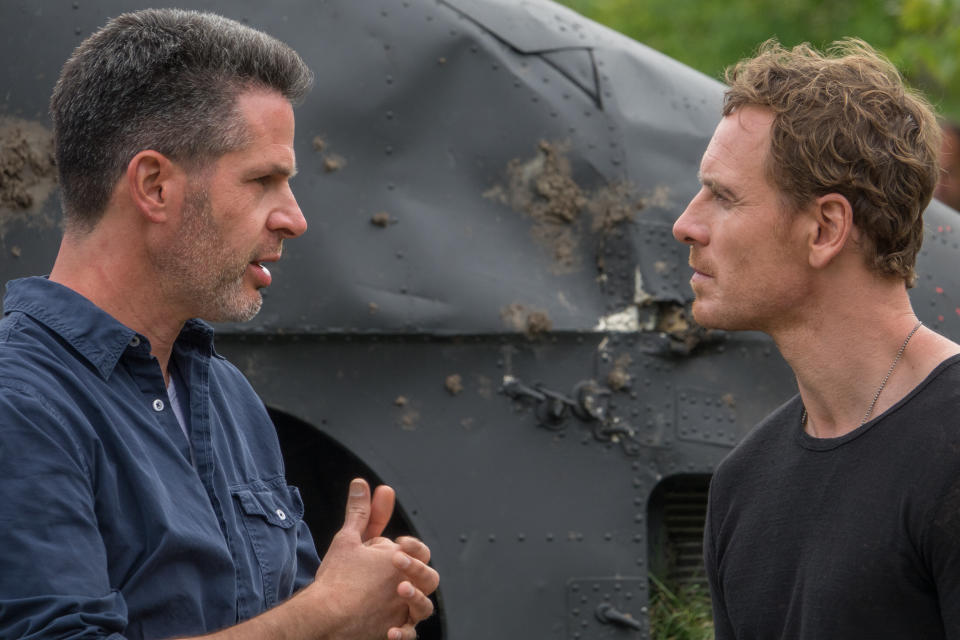
Sophie Turner, who made her debut as Jean Grey in 2016’s X-Men: Apocalypse, described working with Singer on that film as “unpleasant”, with an insider telling The Hollywood Reporter that the director was “emotionally very frail” and “often unprepared and late to set”.
However Jennifer Lawrence, who returns as Raven for the fourth time in the upcoming X-Men film, said the experience of making Dark Phoenix had been very different indeed.
“It was unrecognisable,” Lawrence told EW about the film’s shoot. “Everything was on time. Everything was organised. These movies have always been fun amidst chaos, and now they were fun with no chaos.”
Read more: Why Dark Phoenix’s ending was changed
Writer-director Simon Kinberg - who also co-wrote the critically panned X-Men: The Last Stand, inspired by the same comic run as Dark Phoenix - says that preparation was key to having a calm and organised set for his directorial debut.
“It’s the first time we've had an X-Men movie where the writer is also the director,” Kinberg tells Yahoo Movies UK.
“I lived with this movie as the writer for a year and a half, before I started prepping it as the director. So I had a little bit of a head start that other directors on this franchise haven't had.”
There are seven films in the core X-Men series - not counting the Wolverine and Deadpool spin-offs - directed by four different directors: Bryan Singer, Brett Ratner, Matthew Vaughn, and now Simon Kinberg.
“We’ve also never had a first time director on an X-Men movie,” Kinberg goes on. “I really wanted to be as over-prepared as possible. I spent more months than the other directors has spent prepping the movie. I also had more rehearsal time on this film than we've ever had on an X-Men movie. Significantly more weeks of rehearsals on this movie. In the past, we'd be lucky to get days.
“I just had really high level people supporting me. And I think that also created an environment where everybody just was prepared. All of the crew, the heads of departments, were really prepared. It all just comes down to preparation. I think the more you're prepared going into a movie, the less chaos there is.”
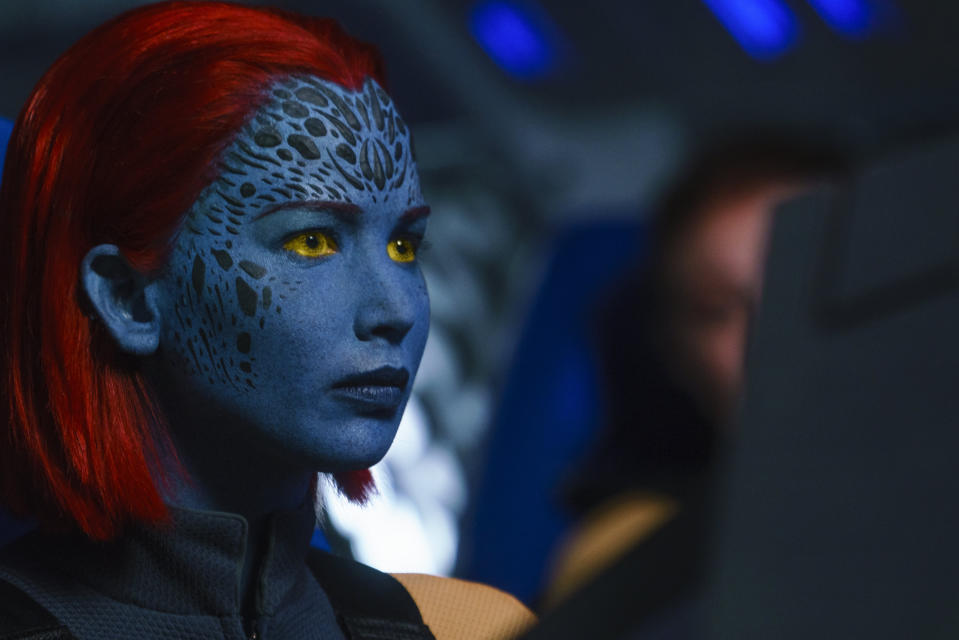
“As opposed to where you're just scrambling to get what's on the page. I really was - on the day - trying to listen and watch and explore and collaborate with the actors and try to get the best possible scene, as opposed to panicking.”
Hutch Parker, producer on all the X-Men films since Days of Future Past and former Fox exec on the earliest X-Men movies, says Kinberg’s personal demeanour was a stark contrast to the filmmakers that had preceded him.
Read more: How the X-Men could join the MCU
“I think one of the things Simon was intent on doing was trying to create a really stable and nurturing environment, both for the actors and for the for the crew,” Parker shares. “I think that's his style, that's his preferred style of making movies.”
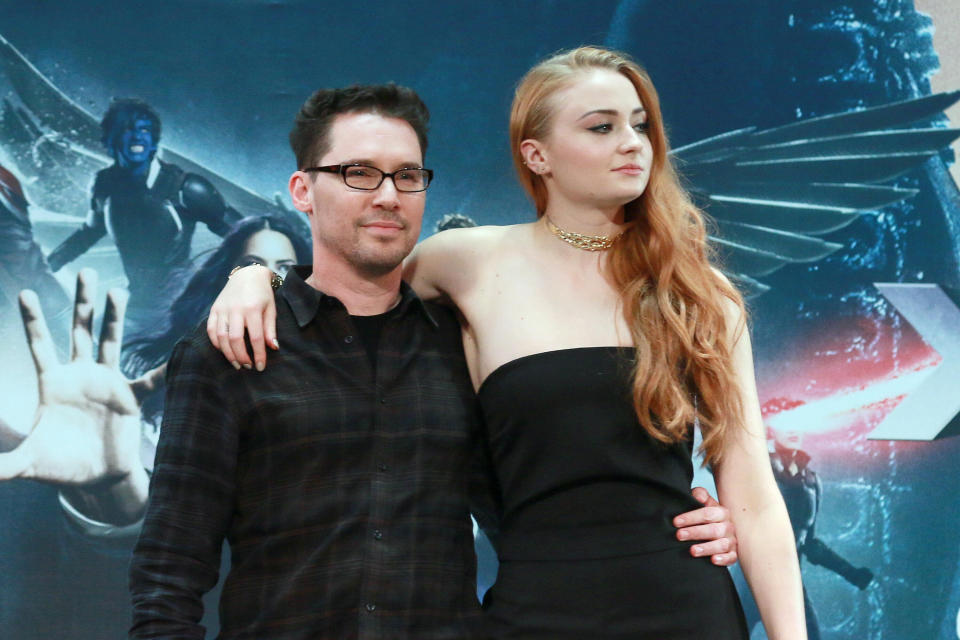
“Some people are more intense. Having worked with a lot of directors... they have very, very different styles of approaching the task of directing. Simon early on said ‘I want a happy set. I want a nurturing set, I want to make sure that we have the right team to support that environment.’
“We assembled the crew and all the heads of departments to make sure that we felt that that was going to be achievable. And when you make that a priority, if those goals and those values are a priority, they're pretty easily achieved.
Read more: Vaughn wanted Hardy for Wolverine
“You don't necessarily solve problems more quickly if you're yelling and screaming. But if you're asking nicely, in my experience… [you do].”
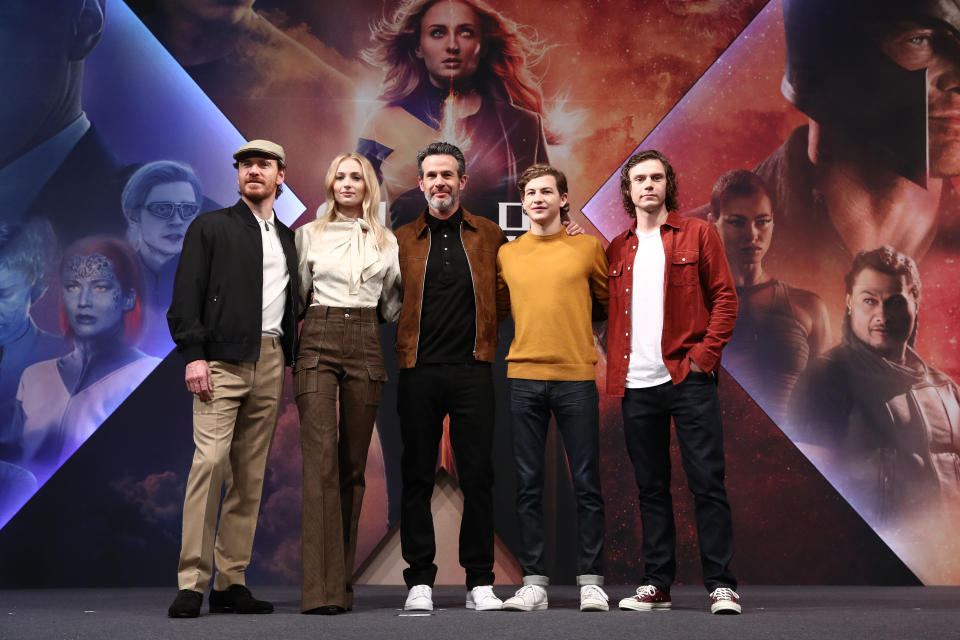
Amongst the new crew assembled for Fox’s final X-Men film were Oscar-winning cinematographer Mauro Fiore (Avatar), Oscar-winning editor Lee Smith (Dunkirk), and Oscar-winning composer Hans Zimmer (The Lion King/Inception).
However, working with the best doesn’t always lead to an amazing movie, as Kinberg knows from first-hand experience.
“I’ve worked on movies that were really functional and turned out to be kind of generic,” Kinberg admits. “So there isn't necessarily a correlation between the process for [making the] movie and the product. Looking back on what Jennifer was saying about some of the X-Men movies: I'm incredibly proud of X-Men: First Class, I'm incredibly proud of incredibly proud of Days of Future Past.
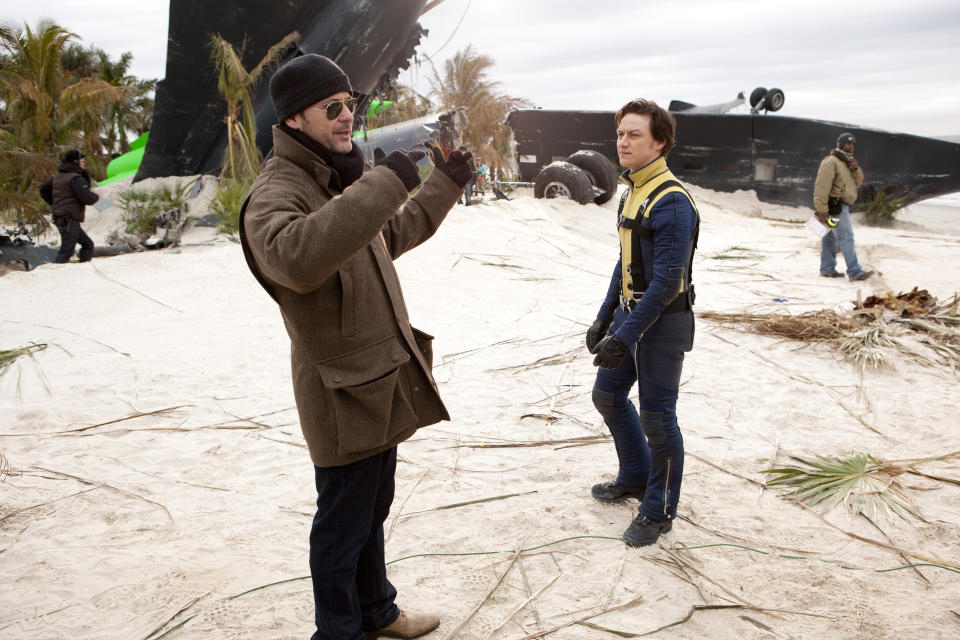
“And both those movies were pretty chaotic with different directors. And yet we ended up with good films. So you know, I learned a lot of lessons along the way period.
Read more: The most scandalous film sets
“From being around great filmmakers, like Ridley Scott [on The Martian], like Jim Mangold [on Logan], making two movies [Cinderella and Murder on the Orient Express] with Kenneth Branagh. I’ve been around a lot of great filmmakers, and I’ve also been round a lot of filmmakers who struggle.
“And I’ve learned different lessons from all of them.”
Simon Kinberg’s directorial debut X-Men: Dark Phoenix lands in cinemas on 5 June.

 Yahoo Movies
Yahoo Movies 

